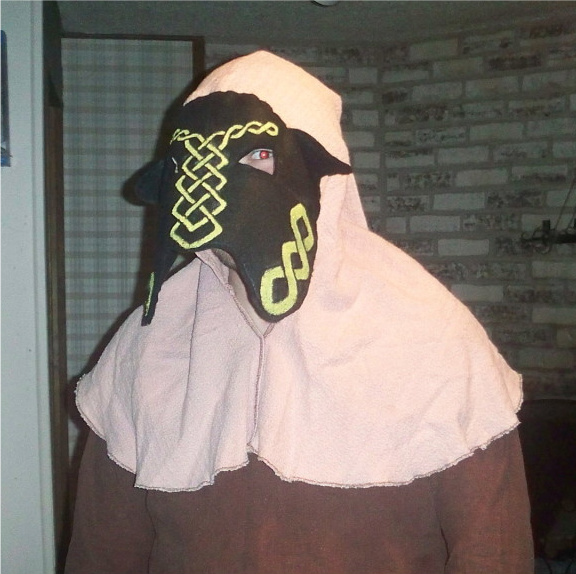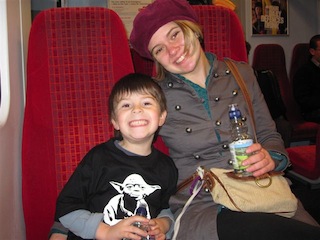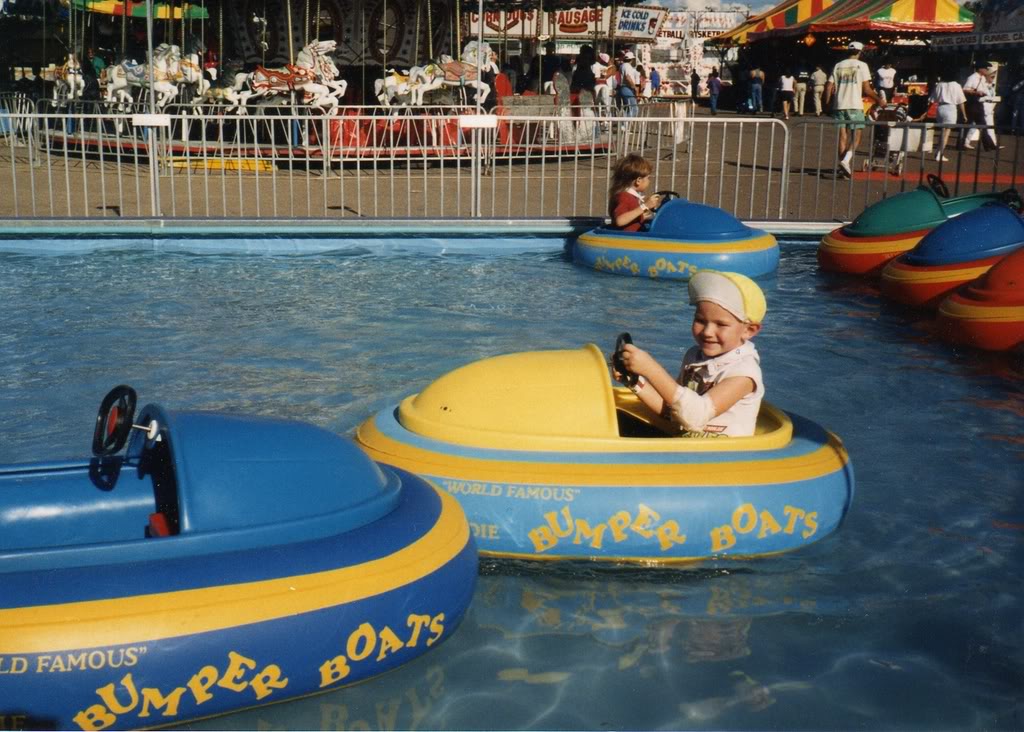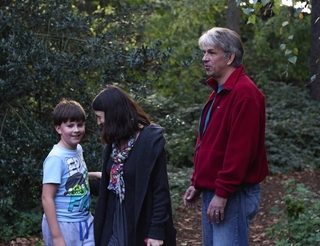Some radio stations (which aren't as vital as they once were) play songs that are sixty years old, or more. A hundred years ago, 1920 provided the first public radio broadcasts of a news program (in Detroit, Michigan). A college radio station aired music, a sporting event and concerts (Schenectedy, New York). An opera was broadcast for the twenty radios that could receive it (August 2020, Buenos Aries, Argentina).
Our receipt of sound is more varied now, and we can bring in humor, debate, tragedy, and re-reuns of those things from earlier times. Text and images have been added. We have more choices than we have time to choose them, these days.
Look for beauty and usefulness. Choose joy and uplift, from the river of output that pours around us.
photo by Sandra Dodd, in Liverpool one time
Stories of radio in 1920, which I looked up not knowing I really was writing this 100 years after initial public broadcasts, came from Wikipedia's History of Radio page. Good coincidence, for 2020. We are living in the flow of history.

















